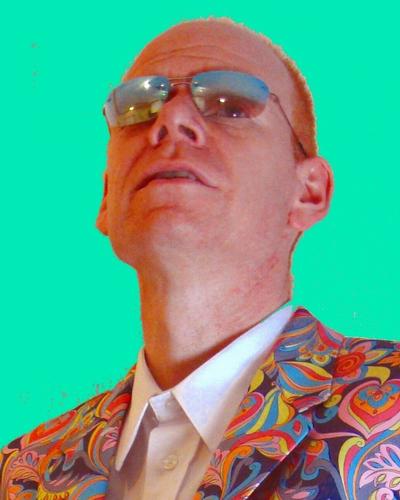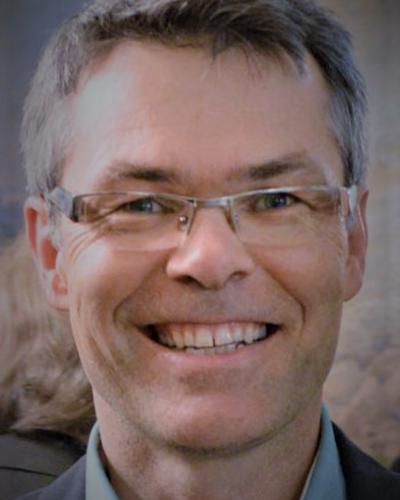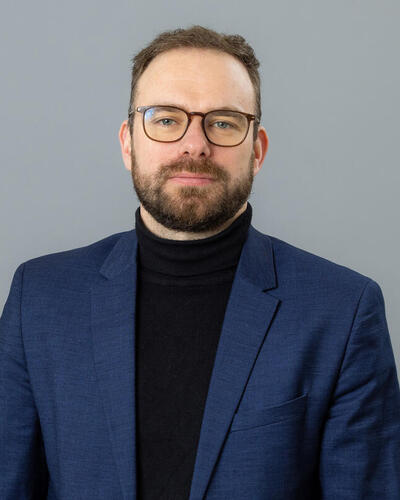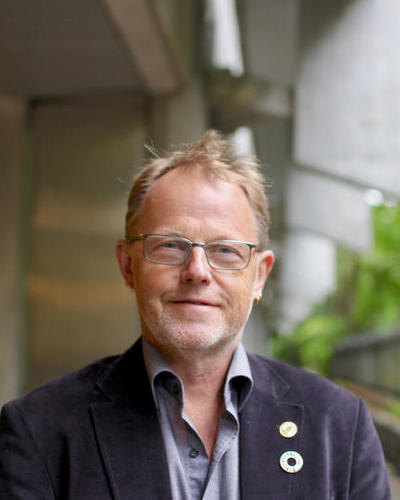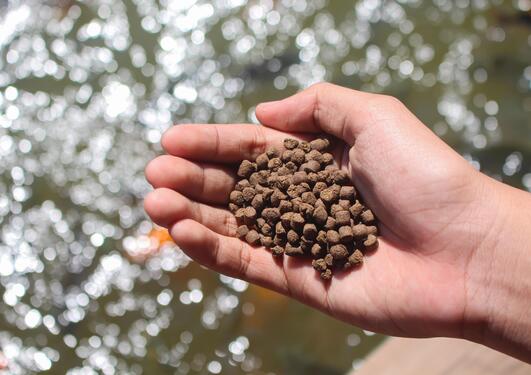Feeding collaborations – a conversation
During the interfacultary workshop Social Science and Humanities Perspectives on Fish Feed, there will be three keynotes that are public and open for all.

Main content
The third keynote, "Feeding collaborations – a conversation", will be held by Erik-Jan Lock from Nofima and Roger Strand from the Centre for the Study of the Sciences and the Humanities (SVT, UiB).
No registration is needed - welcome to Ulrike Pihls hus, seminar room 4A (4th floor) on on Tuesday 10 December at 09.00!
See information about two more public keynotes below.
Abstract
The American writer Edmund Wilson famously said; “No two persons ever read the same book.”
With the current focus on ‘sustainable feeds’, it is tempting for industry to immediately start investing in ingredients that fulfill certain sustainability criteria.
This shows their engagement and dedication to change for the better to the outside world.
But maybe we should let more people read the book and have a proper book discussion?
Roger and Erik-Jan will dive deeper into the current developments in the feed sector.
What drives the changes and developments we see now. Are we asking the right questions before we start to look for the right answers?
Other public keynotes
- Controversies over fish feed and resource use in the history of Norwegian salmon farming - Monday 9 December, 09.00-10.20, Ulrike Pihls Hus, seminar room 4A (4th floor)
- Fish trade as if food security mattered: the role of marine ingredients - Monday 9 December, 15.20-16.20, Ulrike Pihls Hus, seminar room 4A (4th floor)
About the workshop
Aquaculture is one of the most important industries in Norway and fish feed is increasingly recognized as a central element in attempts to make aquaculture more sustainable.
Unsurprisingly, such an endeavour poses challenges on epistemic, technological, ecological, economic, political and normative levels.
There is a wealth of research in the field of the social sciences and humanities (SSH) interested in the various entanglements of aquaculture with organizational configurations, different ways of producing and circulating knowledge, modes of governance and innovation, as well as with certain (collectively held) ideas about Norwegian ocean futures.
The workshop brings together researchers from different fields to discuss their work and perspectives.
---
The workshop is co-organized by the Centre for the Study of the Sciences and the Humanities (SVT), the Department of Social Anthropology and the Department of Geography at UiB, with economic support from UiB Ocean and support from the SEAS programme (Shaping European Research Leaders for Marine Sustainability), funded under Marie Skłodowska-Curie grant agreement No 101034309.



